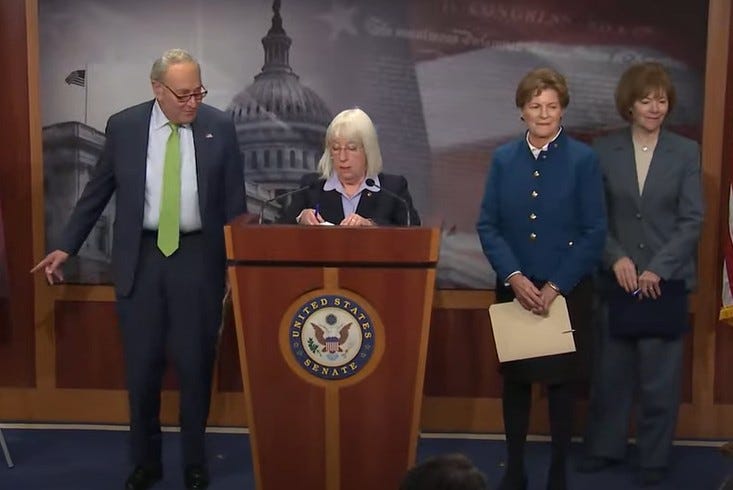A tense atmosphere filled the room as Representative Marjorie Taylor Greene stood before a gathering of Jeffrey Epstein’s survivors, a press conference unfolding with unexpected drama. The event, intended to focus on a bill demanding transparency in the Epstein case files, quickly became a platform for a deeply personal and pointed confrontation.
Greene, alongside Representatives Thomas Massie and Ro Khanna, had championed a discharge petition to force a vote on the “Epstein Files Transparency Act.” Having secured the necessary 218 signatures, the House was poised to debate and vote on the measure, a victory born from persistent effort. But for Greene, the moment held a different, more charged significance.
Taking the podium, she didn’t simply celebrate the impending vote. Instead, she directly addressed a recent and stinging rebuke from former President Trump, who had labeled her a “traitor.” The comment, she asserted, came after years of unwavering support – six years, she emphasized – and for standing alongside the women behind her, refusing to withdraw her name from the petition.

Her voice resonated with a carefully constructed indignation. “Let me tell you what a traitor is,” she declared, pausing for effect. “A traitor is an American who serves foreign countries and themselves.” The implication hung heavy in the air, a direct challenge to Trump’s character and a provocative redefinition of loyalty.
The exchange followed Trump’s announcement that he was withdrawing his endorsement of Greene, citing her persistent complaints and attributing her attacks to his private feedback regarding her future political ambitions. He had publicly dubbed her “Marjorie Traitor Greene,” a moniker she now appeared determined to dismantle.
Greene responded by framing her actions as a fight against powerful forces, even against a sitting president, all in the pursuit of truth and accountability. She insisted her loyalty had been freely given, motivated by “America First” policies, and that she owed Trump nothing in return.
The situation represented a dramatic break from a previously strong alliance. Greene’s words signaled a complete severing of ties, a willingness to align herself, at least in this moment, with those who had long been her political adversaries, accusing Trump of inciting violence against her.
The press conference, initially intended to shed light on the Epstein case, had transformed into a public airing of grievances, a political battlefield where loyalty, betrayal, and the pursuit of transparency collided with explosive force.





